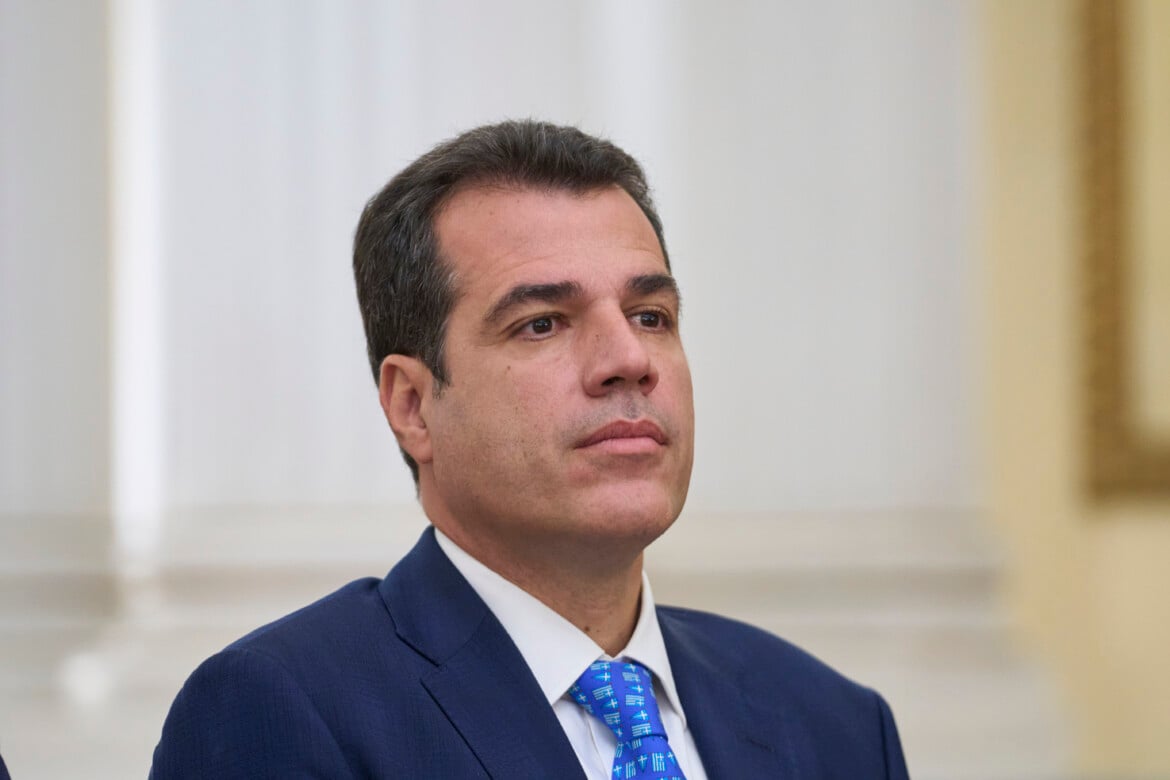Analysis
Greece passed an extreme – and illogical – anti-immigrant law
Greece's main problem is not an excess of migrants but a labor shortage affecting various sectors of the economy – a phenomenon, he said, that should encourage the creation of legal migration channels.

In an attempt to stem its loss of popularity, the Greek government is waging a ruthless battle against a non-existent enemy.
Parliament has passed a law providing for two to five years’ imprisonment and a fine of up to €10,000 for migrants staying in the country undocumented. The law, passed on Tuesday, September 2, with the votes of the ruling Nea Dimokratia party, will force people whose asylum applications have been rejected to choose between “voluntary repatriation” or ending up behind bars. An old law that allowed undocumented migrants who had resided in Greece for at least seven years to regularize their status has also been summarily repealed.
During the debate, Immigration Minister Thanos Plevris, a long-time member of the Greek far right before joining Nea Dimokratia, told Parliament that “the message for those who enter the country illegally is clear: Greece doesn’t want you.”
The minister has repeatedly invoked the specter of an “invasion” and ethnic replacement, but the numbers show the opposite: since the beginning of the year, only 29,000 people have arrived in Greece, with Afghans, Egyptians, and Sudanese being the largest groups. These are numbers that Greece has shown it can handle, very far off from the peak of the 2015 migration crisis, when there were more than 800,000 refugees. But the government, hit by the latest scandal involving widespread agricultural subsidy fraud, is relying on the old recipe of an “uncompromising migration policy” to try to rally its base.
All left-wing opposition parties have described the new law as not only xenophobic but also illogical, noting that Greece’s overcrowded prisons are already full of migrants accused of human trafficking – the alleged people smugglers, who make up about 20% of the prison population. Organizing repatriations, either to the country of origin or to a “third country considered safe” under the new law, is a difficult undertaking that often remains only on paper. The Greek Association of Administrative Judges has also expressed strong criticism, arguing that the migration issue should not be addressed “through repression and the tightening of procedures for granting residence permits or asylum.” According to the new law, people who must repatriate will have to wear an electronic bracelet until they leave Greek territory.
Plevris said he was confident that the new law would have a “deterrent effect” and claimed credit for the recent decline in arrivals on the island of Crete. In July, Athens suspended asylum applications for three months for those arriving from North Africa. Since then, arrivals have fallen to less than 700 in all of August, compared to over 3,000 the previous month. This “success” was probably aided by the strong winds that hampered boat crossings from Libya, as officials in the Crete region pointed out to the Kathimerini daily.
The new law appears so detached from reality that even Dimitris Kairidis, a former immigration minister in the Nea Dimokratia government, expressed reservations during the parliamentary debate. He reiterated that Greece's main problem is not an excess of migrants but a labor shortage affecting various sectors of the economy – a phenomenon, he said, that should encourage the creation of legal migration channels.
Indeed, while Greek prisons are full, the country itself is emptying out, as are its schools: this year alone, 700 schools across Greece will close their doors due to a lack of pupils.
Originally published at https://ilmanifesto.it/pugno-duro-contro-i-migranti-il-ministro-la-grecia-non-vi-vuole on 2025-09-05
